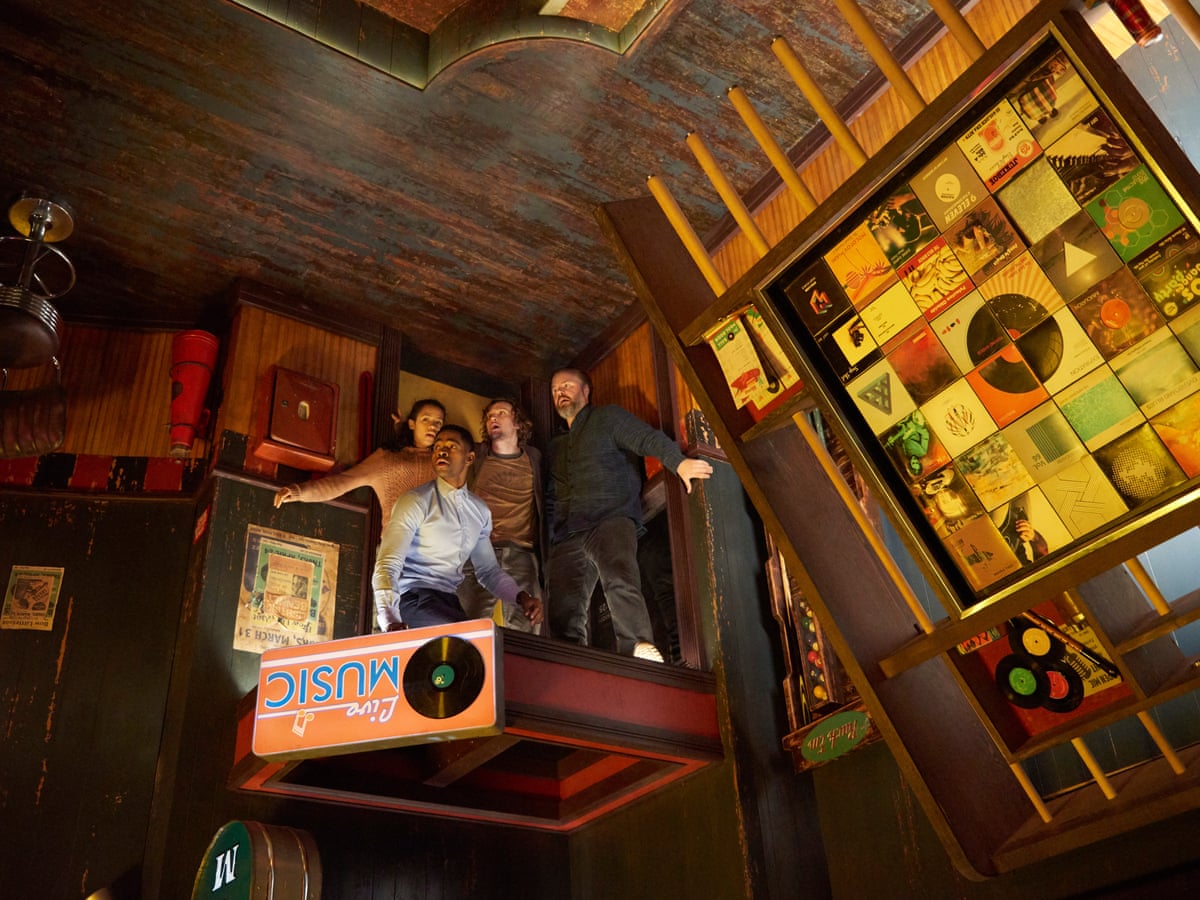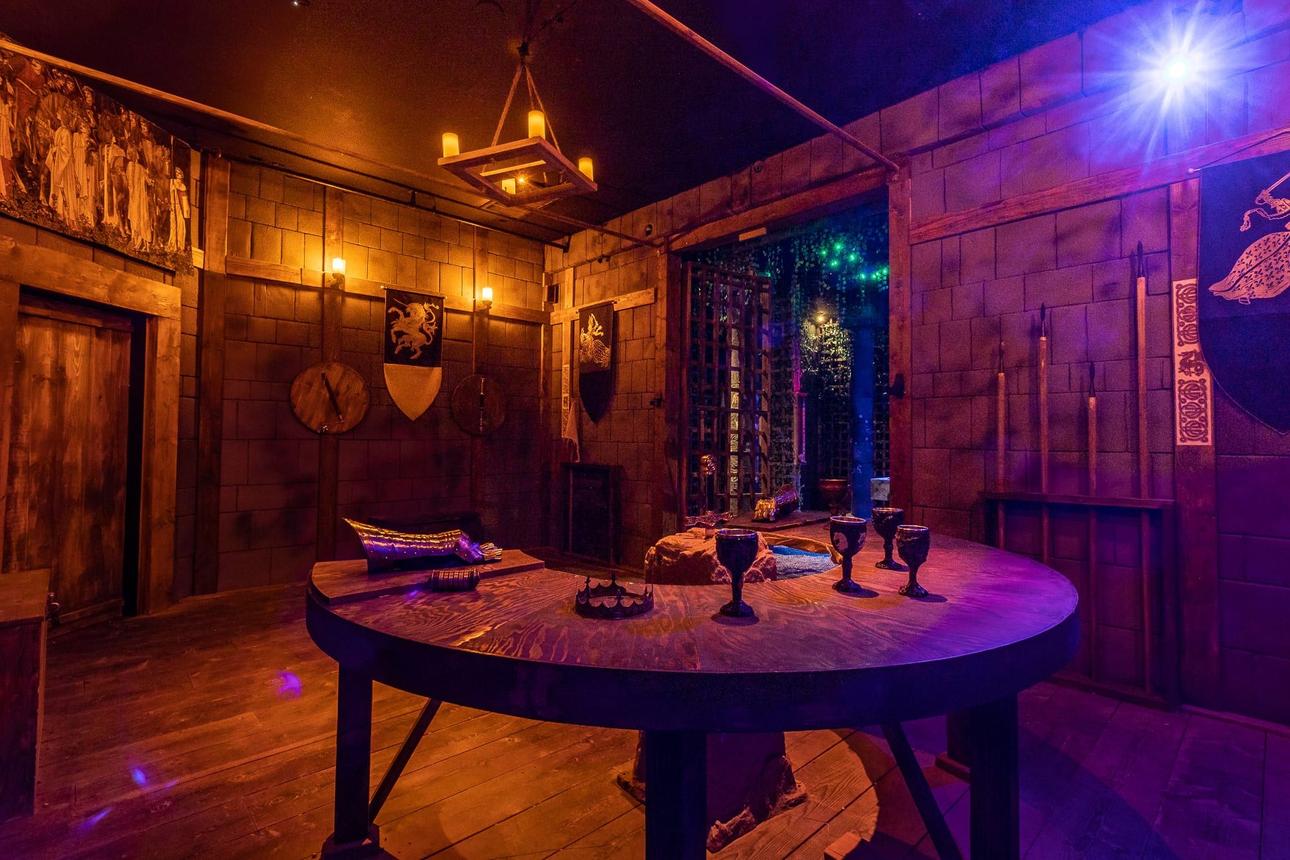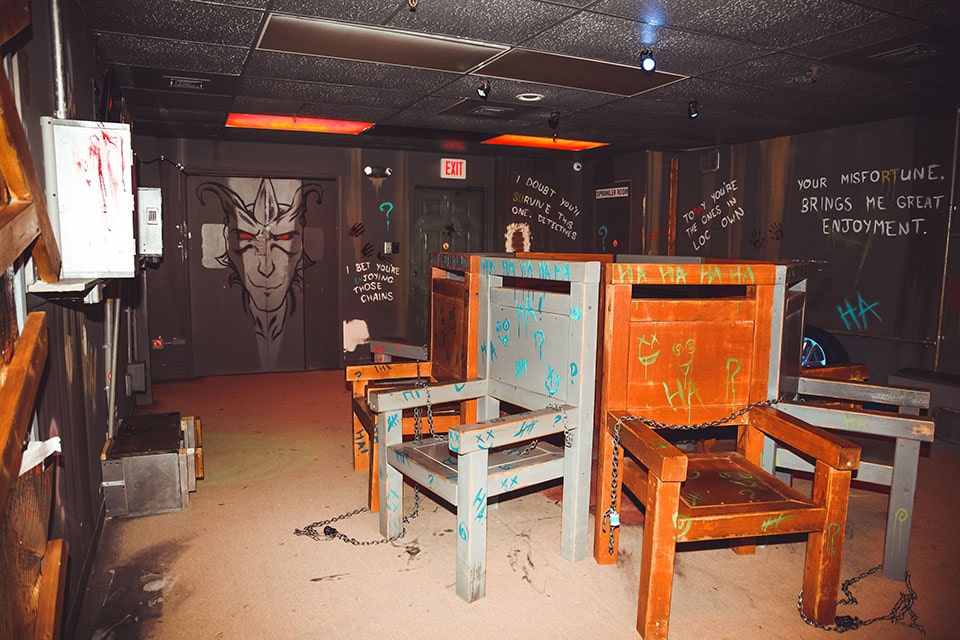Escape Room in Minneapolis-- A Perfect Activity for Any Kind Of Occasion
Escape Room in Minneapolis-- A Perfect Activity for Any Kind Of Occasion
Blog Article
Group Techniques: Just How to Team up Efficiently in an Escape Area
Browsing the intricacies of a retreat space requires even more than mere excitement; it calls for a well-coordinated approach grounded in clear interaction, calculated function projects, and adept time monitoring. Teams should proactively listen per participant's understandings, appoint functions that line up with private staminas, and preserve normal check-ins to make sure emphasis and prevent redundancy. By cultivating an environment that values cohesion and flexibility, teams can substantially heighten their effectiveness and success prices. The nuances of these techniques can change the experience, however how exactly can they be carried out to maximize the capacity for success?
Establish Clear Communication

To promote clear interaction, it is necessary to mark a main factor of contact for info dissemination. This role involves summing up findings and proposed approaches to ensure every person stays on the exact same page. In addition, embracing an organized strategy to discussions can avoid chaotic exchanges. For example, quick, concentrated updates from each team member can keep the team informed without overwhelming them with details.

Designate Roles Tactically
While clear interaction sets the foundation for reliable synergy, designating functions purposefully makes sure that each staff member's staminas are utilized effectively. In a retreat room circumstance, the time-sensitive and intricate nature of challenges necessitates an efficient strategy to task delegation. By determining and leveraging private competencies, teams can enhance their analytical capacities and improve total efficiency.
A person with an eager eye for information may succeed in locating concealed items, while a logical thinker might be much better matched to fixing problems. This duty often requires solid organizational and social abilities.
2nd, guarantee that duties are adaptable and versatile. As new obstacles arise, the team should have the ability to pivot, reapportioning jobs as needed. This versatility assists maintain momentum and prevents bottlenecks that can happen due to stiff duty tasks.
Inevitably, a calculated strategy to role task not only makes the most of the staminas of each team member yet additionally promotes a cohesive environment, driving the team in the direction of a successful getaway.
Use Diverse Skills
Identifying and using the varied abilities within your group can dramatically elevate your efficiency in a retreat space. Each staff member brings distinct toughness to the these details table, and successfully leveraging these capacities can accelerate problem-solving and improve overall efficiency. As an example, a staff member with solid analytical abilities might excel at decoding complicated codes or patterns, while another with eager observational capabilities might promptly spot hidden clues that could ignore.
Encourage group members to voice their understandings and concepts quickly, making certain that all potential options are taken into consideration. Additionally, appointing tasks that align with each participant's strengths can stop bottlenecks and make sure that development is continual.
In addition, variety in skills usually translates to diversity in believing designs, which is invaluable in a getaway room setting. While some obstacles may need logical reasoning and precision, others could gain from creative and association of ideas. By identifying and leveraging this diversity, groups can address a broader series of obstacles more properly, consequently boosting their chances of an effective getaway.
Manage Time Effectively

Determine visible challenges and split tasks based on team members' toughness, guaranteeing that no one is still. This technique can aid maintain the team focused and prevent time from slipping away unnoticed.
In addition, avoid tunnel vision. If a puzzle is taking as well long, rotate team participants or move on to one more difficulty, returning later with fresh viewpoints. Communication is extremely important-- maintain everyone updated on fixed problems and staying jobs to stay clear of redundant initiatives.
Finally, use any kind of hints or clues moderately but strategically - best escape room. Knowing when to ask for assistance can save beneficial time. By adhering to these time administration principles, teams can substantially boost their chances of an effective and enjoyable escape space experience
Debrief and Show
Reflection is a crucial facet of team advancement and improvement in the context of getaway rooms. Once the challenge is read the article finished, whether effectively or not, it is crucial for the team to take part in an organized debriefing session. This process allows employee to evaluate their performance, identify strengths, and identify areas for renovation.
Begin the debrief by reviewing what went well. Highlight certain instances of effective interaction, analytical, and cooperation. Identifying these positive actions enhances them and motivates their repeating in future difficulties.
Go over moments of confusion, miscommunication, or inefficient techniques. Urge an open and useful dialogue where group participants can share their perspectives without concern of objection.
Final Thought
In final thought, effective partnership in a getaway room is based upon clear interaction, tactical function jobs, the reliable utilization of varied skills, and competent time management. Regular check-ins and organized debriefings are essential for keeping emphasis and promoting continual enhancement. By creating a cohesive and flexible group setting, the possibility of efficiently resolving problems and achieving the objective of running away the space is considerably enhanced. This strategy not only guarantees success but likewise advertises collective growth and knowing.
Report this page